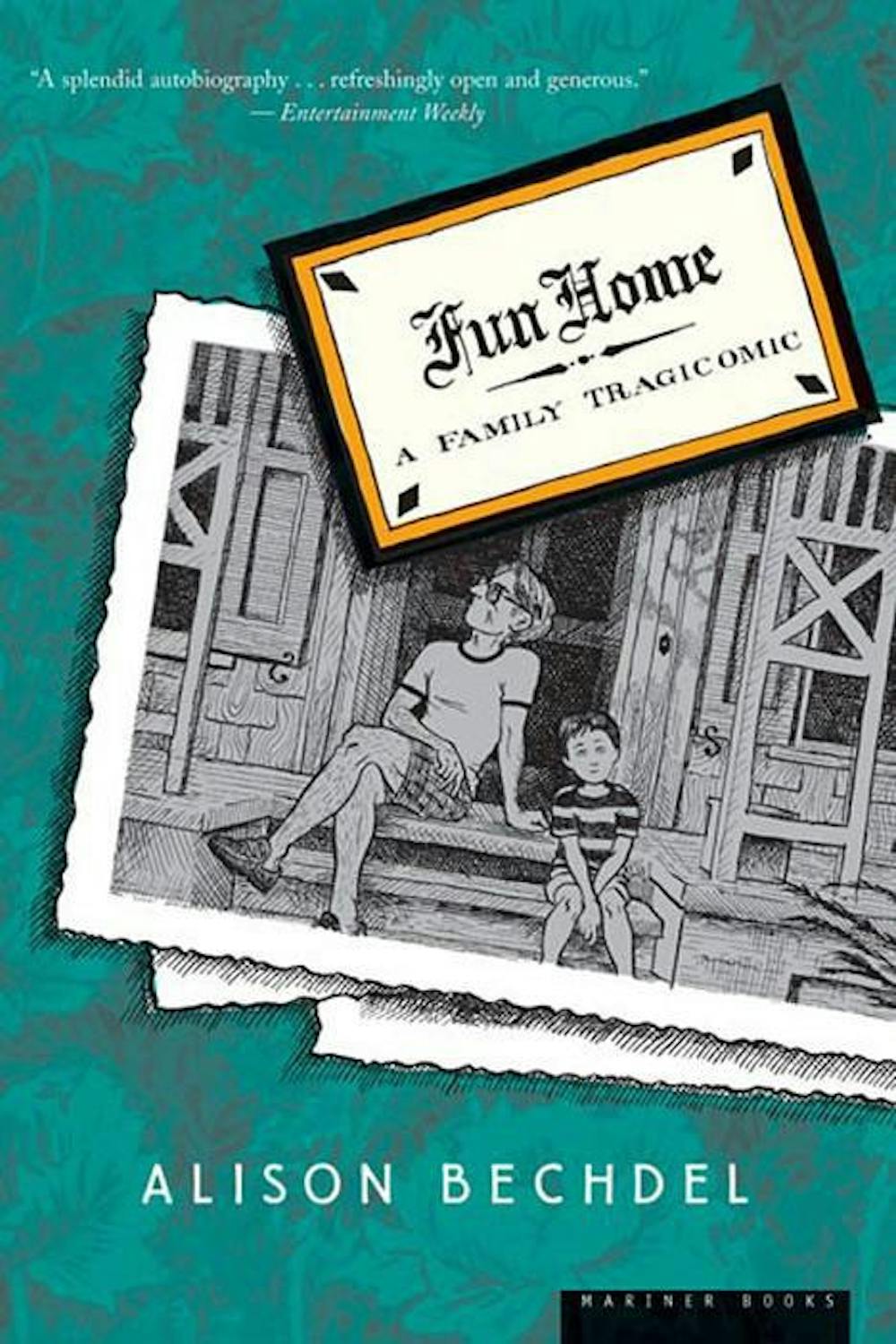By Paula Weinman | Contributor
Each year, Duke University assigns voluntary summer reading to its incoming freshman class. This year, Duke freshman Brian Grasso told* his class, via Facebook, that he wouldn't be reading this year's book-Alison Bechdel's illustrated memoir Fun Home-for moral reasons. (The memoir describes the author's struggle to come to terms with her homosexuality and includes two illustrations of sex or masturbation.)
"I feel as if I would have to compromise my Christian beliefs to read this book… [because of its] graphic depictions of sexuality," Grasso wrote.
The story quickly circulated around the Internet. Soon, Grasso's post was at the center of a discussion about the purpose of art and its relationship to morality.
Before I offer my thoughts, I'd like to clarify a few things.
(1)Duke's summer reading assignment is not required. Its purpose is to give Duke freshmen the critical, cross-disciplinary thinking needed at Duke University.
(2)Grasso stated that he objects not to the actual ideas or events in the memoir, but to its visual depictions of sex, which he stated break Jesus' command against lusting.
(3)The discussion between Grasso and his classmates has been "very respectful and considerate," according to Duke senior Sherry Zhang, who was part of the summer reading selection committee. (Zhang respected Grasso's right to opt out of the reading, but hoped the freshman would reconsider his decision.)
As I've followed this story, I've been disappointed (but unsurprised) by the tendency-particularly on the Internet-to use this story as a reason to take cheap shots at people, beliefs, or institutions. Some characterized Grasso as a homophobic conservative afraid to have his beliefs challenged. Others characterized him as a victim of a politicized university bent on forcing him to conform to a set of liberal, secularized beliefs.
Sadly, this kind of antagonistic debate is far less edifying than the kind of civil and healthy dialogue modeled by the Duke freshmen themselves. Many-and I include myself here-were quick to jump to conclusions about this story. In doing so, we risked depriving ourselves of a chance to have a conversation about the questions this story raised.
With that in mind, I thought I'd offer up few big questions before jumping in with an opinion. I don't have the answers, but that's why I think they're so important.
(1)Does all art teach?
(2)Does all art influence?
(3)Can we fully engage art without consenting (however temporarily) to its influence or terms?
(4)Do artists have moral, ethical, or social responsibilities? Does the reader?
(5)Is it a sin to engage with art (particularly visual art) that depicts things we view as immoral?
Answers to these questions are not easily found, but are worth grappling with. Here are a few thoughts I have.
Reading is an empathetic experience. Storytelling is not an argument. If we reduce a person's story to a set of beliefs or a single attribute (such as race, sexuality or gender) to be avoided or debated, we miss the beauty and complexity of the artist and her experiences.
Reading allows us to see each other-and ourselves-as we are. To acknowledge, explore, or even celebrate human sexuality through art is drastically different from exploiting or commodifying (as in pornography). Like other writers, Bechdel includes sex in her memoirs not to arouse her readers, but to be true to her experiences as human being. She asks us to see her as she is-physical, sexual, spiritual, and emotional-and gives others permission to do the same.
Although I disagree with his decision, I respect Grasso's right to opt out of Fun Home. I think the discussion he's sparked is important, particularly for people of faith. But, like Sherry Zhang, I do hope that he might, one day, revisit his decision and the conversation it sparked. Hopefully, he'll learn something from it-and, should he post about it on Facebook again, we might, too.
*Grasso wrote a blog post about this for the Washington Post. I would encourage you to read it.






